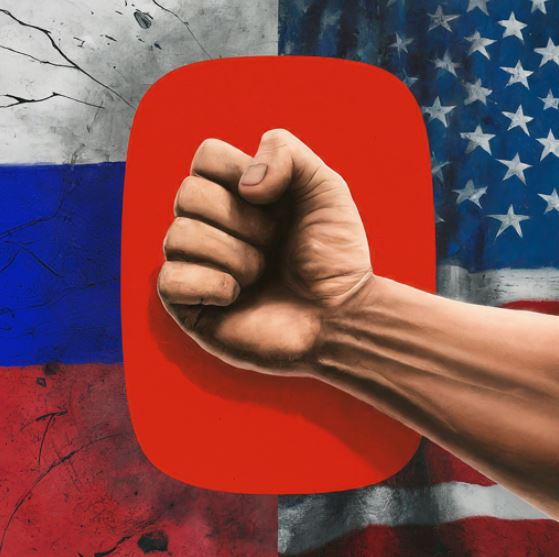YouTube under fire from Russia. Moscow claims the platform is censoring Russian content at the behest of the United States. The Kremlin warns of potential legal action.
 |
| Russia ramps up its war of words with YouTube, accusing the video platform of censorship. The Kremlin threatens legal action as tensions between the two escalate. |
Moscow, Russia, August 02, 2024:
Moscow has intensified its rhetoric against YouTube, accusing the video-sharing platform of acting as a tool for US censorship. In a strongly worded statement, the Russian Foreign Ministry claimed that YouTube has been systematically removing content produced by Russian state media and public figures, effectively depriving the world of alternative perspectives.
Ministry spokesperson Maria Zakharova alleged that YouTube's actions constitute a direct violation of Russian law and a blatant disregard for the rights of its domestic audience. She warned that Russia is considering a range of legal measures against the platform, signaling a potential escalation in the ongoing dispute.
The Kremlin has been increasingly critical of Western tech giants, accusing them of bias and censorship. This latest salvo comes amid heightened tensions between Russia and the United States, with both countries engaged in a protracted information war.
The Russian government has previously taken steps to restrict access to foreign social media platforms, including Facebook, Twitter, and Instagram. Blocking YouTube, a widely popular platform in Russia, would be a significant escalation and could have far-reaching consequences for internet freedom in the country.
YouTube has denied the allegations, maintaining that its content moderation policies are applied impartially. However, the platform has faced criticism for its handling of sensitive content, including misinformation and hate speech. As the dispute with Russia intensifies, YouTube may face increasing pressure to adapt its policies to accommodate the Kremlin's demands.
The ongoing standoff between Russia and YouTube highlights the complex challenges faced by tech companies operating in a globalized world. Balancing the need to protect user safety with the right to free expression is a delicate task, made even more difficult by geopolitical tensions.